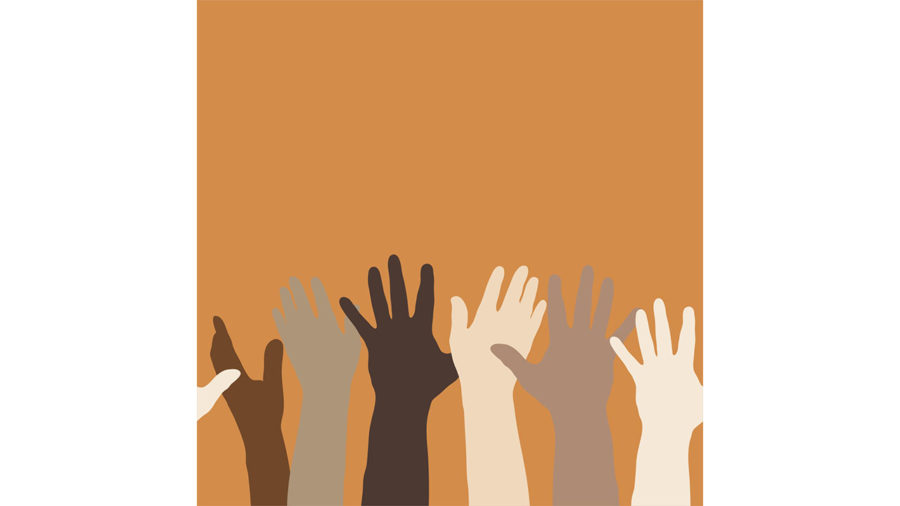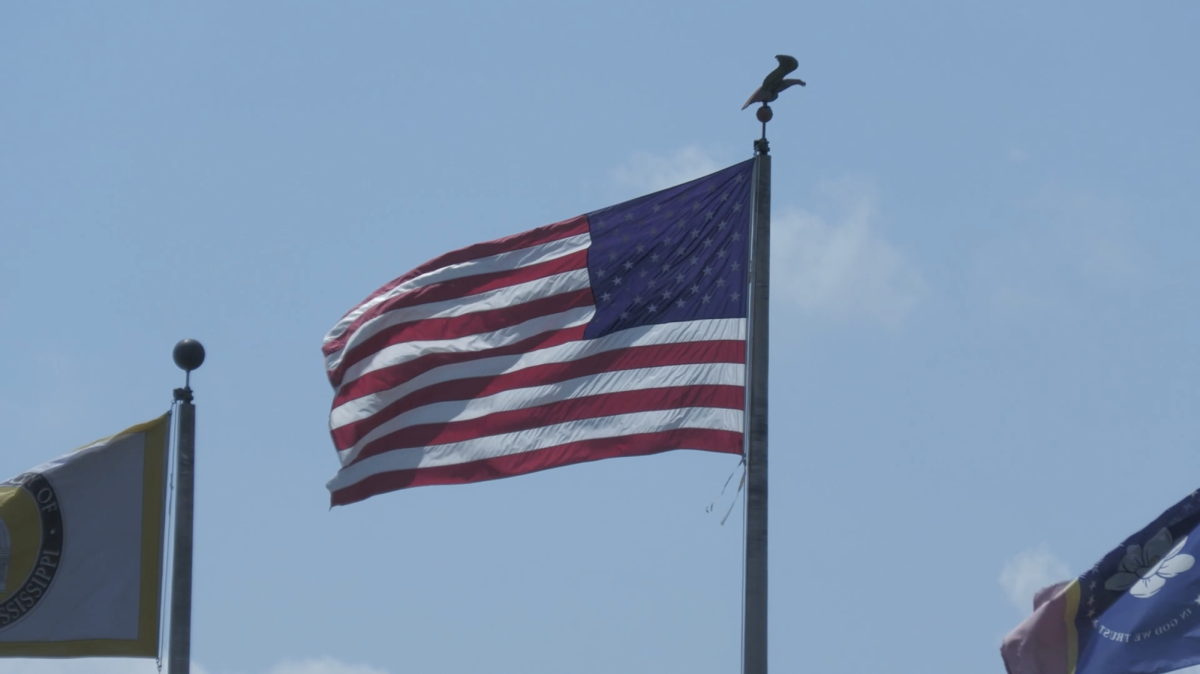Since 1976, the United States has celebrated Black History Month during February. While the month-long “holiday” is certainly well-intentioned, the value and significance of the month continues to be questioned.
In my high school, we used to do this cute thing where an administrator would allow a black student to read a quote or short biography of an African- American trailblazer in history during the announcements. And that was it.
That is how we acknowledged black history.
Of course, in U.S. history, we discussed African-American civil rights leaders such as Martin Luther King, Jr., Malcolm X, Rosa Parks and Harriet Tubman when we covered their respective time periods. However, the conversation about black history began with slavery and ended with the Civil Rights Movement.
Because the discussion of black history is so limited, I find myself blaming the school system for the lack of black history I learned and retained and my developed disinterest in learning more.
To understand why I feel this way, I compared the teaching of black history to the teaching of Native American history.
If we are going to discuss the humble beginnings of America, there is no need for teachers to begin with Christopher Columbus’ voyage to find (and failure to find) “the new world,” or our “breakup” with Britain. Instead, we should begin with the Native Americans because they were the first people here.
Even though we know this, we continue to write their history for them, starting with their encounter with the Europeans. This is troubling because that is not when the Native Americans arrived to America. We have not heard the very beginning of American history because we ignore the Native Americans’ perspective.
While the history curriculum does acknowledge the Native Americans – and the harm the white settlers brought to them by killing them with diseases they had no immunity to (smallpox, measles, chickenpox, etc.) while providing them with alcohol and cigars – we speak about them as if we killed off an entire species.
This is why some people are shocked that Native American’s still have a presence and participate in activism (like cultural appropriation in sports and the Dakota Access Pipeline) in America. Notably, in early American history, the Native Americans were taught to assimilate into white American culture by cutting their hair, being adopted by white families and attending schools where talk of their spiritual and cultural traditions was not tolerated. I am not so sure that we could easily spot a Native American; many of us are so ignorant that we do not know one tribe from another.
There are more than 500 federally recognized tribes, and maybe only four of them are mentioned in school – definitely not in great detail.
You could say the same about African-Americans, who were involuntarily brought to America and forced by the Europeans to be slaves for decades. Queue black person and event: Harriet Tubman and the Underground Railroad.
At the beginning of this month, Vice President Mike Pence tweeted, “As #BlackHistoryMonth begins, we remember when Pres. Lincoln submitted the 13th Amendment, ending slavery, to the states #NationalFreedomDay.”
Lincoln is ultimately shaped as our white savior.
We do not hear of black people existing in America again until the Civil Rights Movement. Key black people in this time period: Martin Luther King, Jr., his dream and “no good, violent” Malcolm X.
Outside of covering the Civil Rights Movement, history classes often fail to acknowledge the various inventions and contributions of African-Americans. This can also lead to students believing that black people face no modern injustices.
Because we cannot trust the government to teach us about other prominent black figures and events, African-American parents teach their children what they do not learn in school.
The American history we are taught in school is shaped by the white man. The American history we are taught in school is not inclusive enough, and that is why we have Black History Month.
I am very ignorant of my African- American history, and that is not going to change because of 28 days dedicated to African-Americans each year. I find myself learning something new about black history without trying due to modern activists spreading the word on social media.
It would be easy to say that 28 days is not enough to promote the education of black history. However, I believe the conversation needs to focus on why American history classes do not integrate black history successfully into their curriculum.
I am thankful that black people have always fought for their opinions to be heard. We are lucky in the regard that our history is more well-known than Native American history.
However, if we do not fight for American history in school to be taught in true chronological order – with the mention of more African-American leaders – we will be doing all children a disservice by reducing black history to one or two events and individuals.
And if we don’t change this quickly, we might create more future Trumps who believe that black abolitionist Frederick Douglass is still alive and (as the president said) “somebody who’s done an amazing job and is getting recognized more and more.”





























